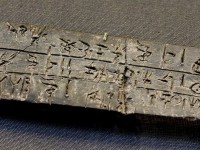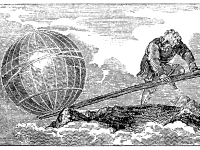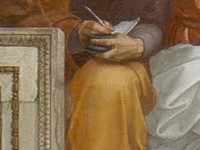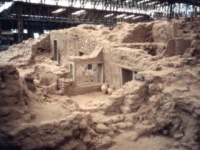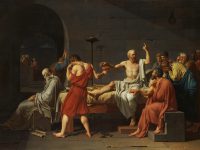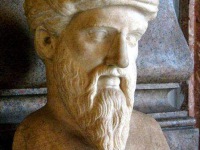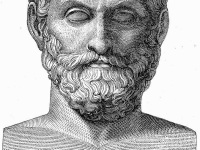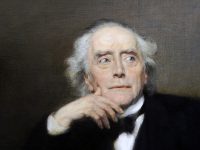Michael Ventris and the Minoan Linear B
On July 12, 1922, English architect and linguist Michael Ventris was born. Along with John Chadwick and Alice Kober, Ventris deciphered Linear B, a previously unknown ancient script discovered at Knossos by Arthur Evans. He showed that the Minoan Linear B script was a very early form of Greek, the oldest known examples. Michael Ventris – Learning a Language in only Weeks Michael Ventris was born as the only child into a…
Read more

